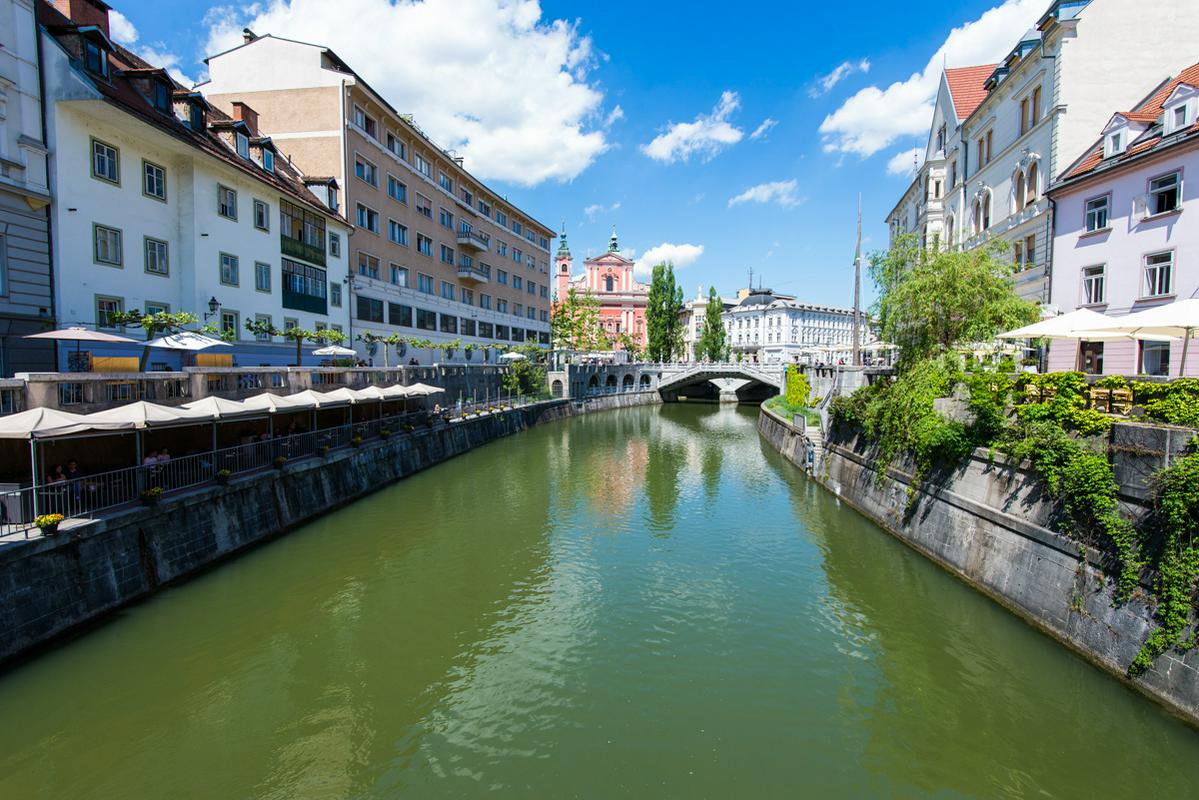
It was the first quarter of growth after a run of eight quarterly declines. Gross domestic product (GDP) fell 1.1 percent in 2013 over 2012. But in the last quarter of 2013, GDP rose 1.2 percent from the previous quarter.
The government has overhauled the largely state-owned banking sector by pumping 3.3 billion euros into troubled local banks and cleaned up bad loans worth nearly 8 billion euros, almost a quarter of national output.
Prime Minister Alenka Bratušek said her government's efforts have helped turn around the economy and that GDP results "surpassed even the most optimistic forecasts". She promised to press on with an overhaul of the economy, which is still 50 percent in state hands. "Despite the optimism... the government is committed to capitalise on the reform momentum in order to achieve stable economic growth in the medium term," she said in a statement.
Sašo Stanovnik, chief economist at investment firm Alta Invest, called the figures "encouraging", showing investment and household and business spending picking up. "Partially this can be explained by the low base, especially since gross investments have been falling for several years. It seems sentiment is improving as the banking mess is starting to be resolved while export activity remains supportive," he added.
The statistics office said the main contributor to the growth was gross capital formation which rose 5.9 percent. Domestic consumption rose 3 percent while exports increased 3.7 percent, slightly less than in the previous quarter.
Bratušek's government plans to sell more than a dozen state-controlled firms including Telekom, the top national telecommunications group, the Ljubljana airport, flag carrier Adria Airways and No.2 bank NKBM. It has sold two smaller companies since October. The IMF said it expects Slovenia's national output to shrink 1.1 percent in 2014, less than previously feared, as the cabinet tries to cut spending. The government's macroeconomic institute forecasts a 0.8 percent decline.


































































